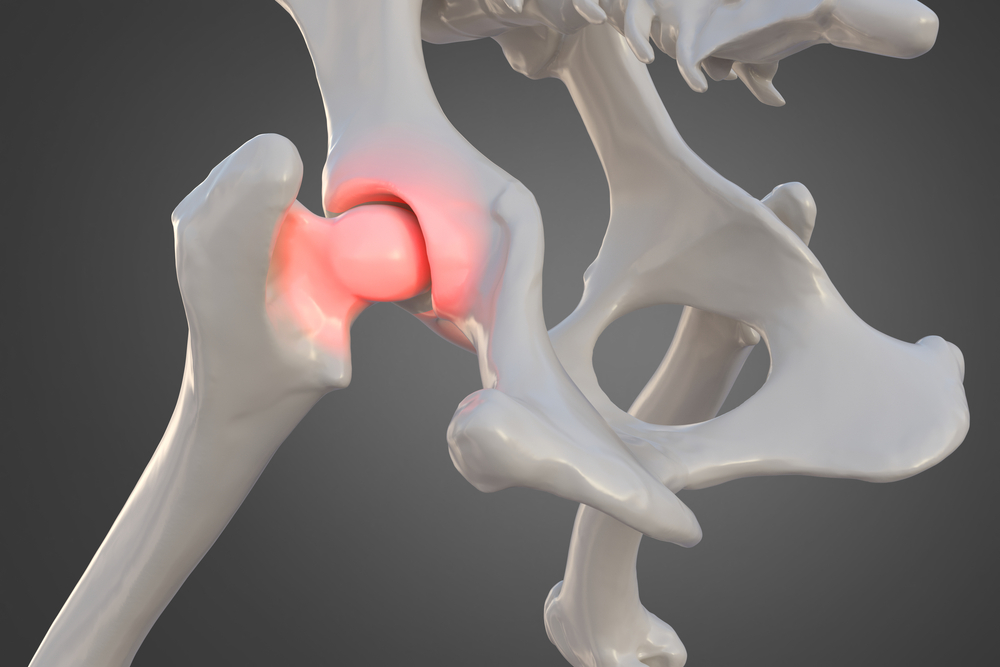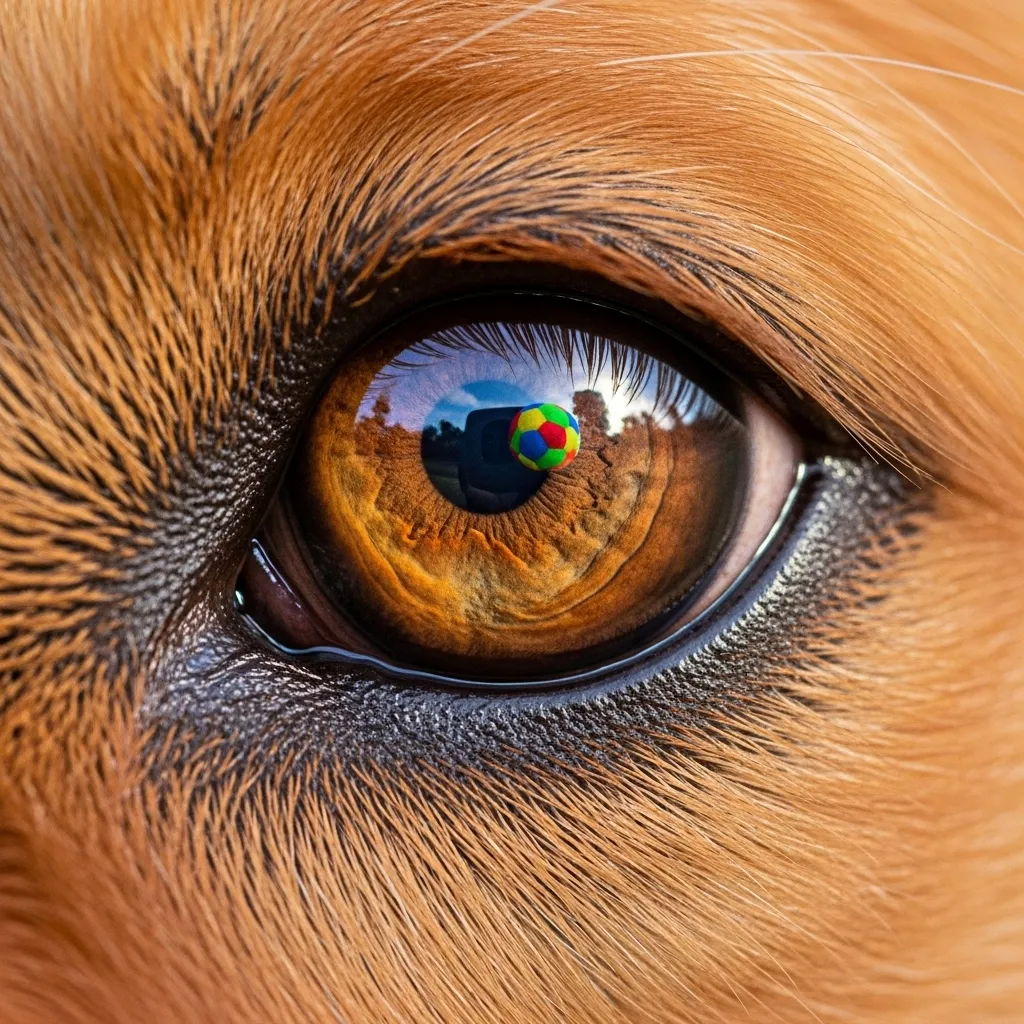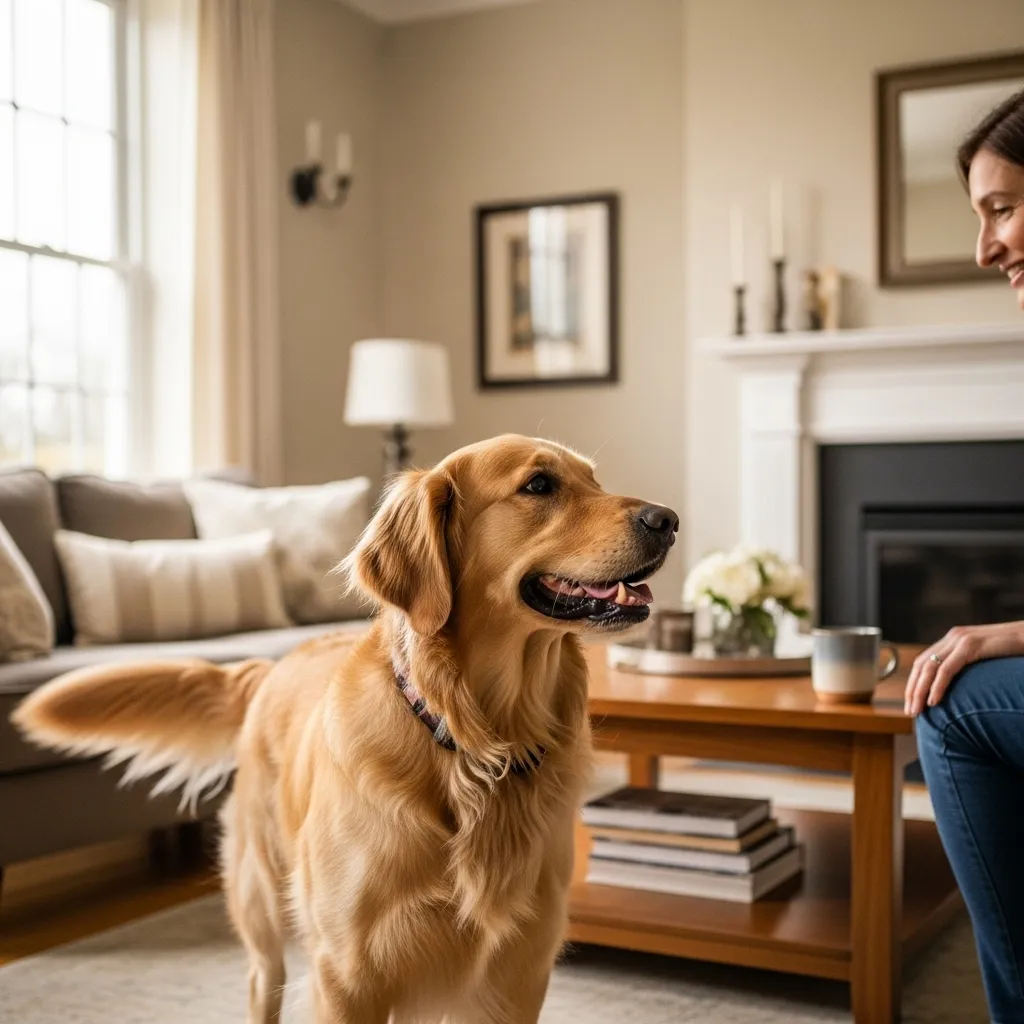
Moreover, poor-quality breeding stock also made this a problem in other smaller breeds. Luckily, not all large-breed dogs get hip dysplasia.
There are many other breeders that have their breeding stock constantly evaluated (through radiographic and other tests) by well-known experts at the Orthopedic Foundation for Animals (or OFA), who always provide the best reports on the absence or status of any hip changes.
So if you’re interested in getting a large-breed puppy and you want to make sure that you won’t worry about hip dysplasia and another subsequent osteoarthritis, seek out a great breeder and ask for OFA reports from the puppy’s parents.
However, if you can discover a case of hip dysplasia in your dog, plenty of hip surgeries might improve your little friend’s quality of life and restore the hip’s normal angle.
But generally, the majority of cases of hip dysplasia in dogs are diagnosed too late for this kind of surgery, and it is also extremely expensive, which forces you to consider the other two viable options: medical management and salvage surgeries.














